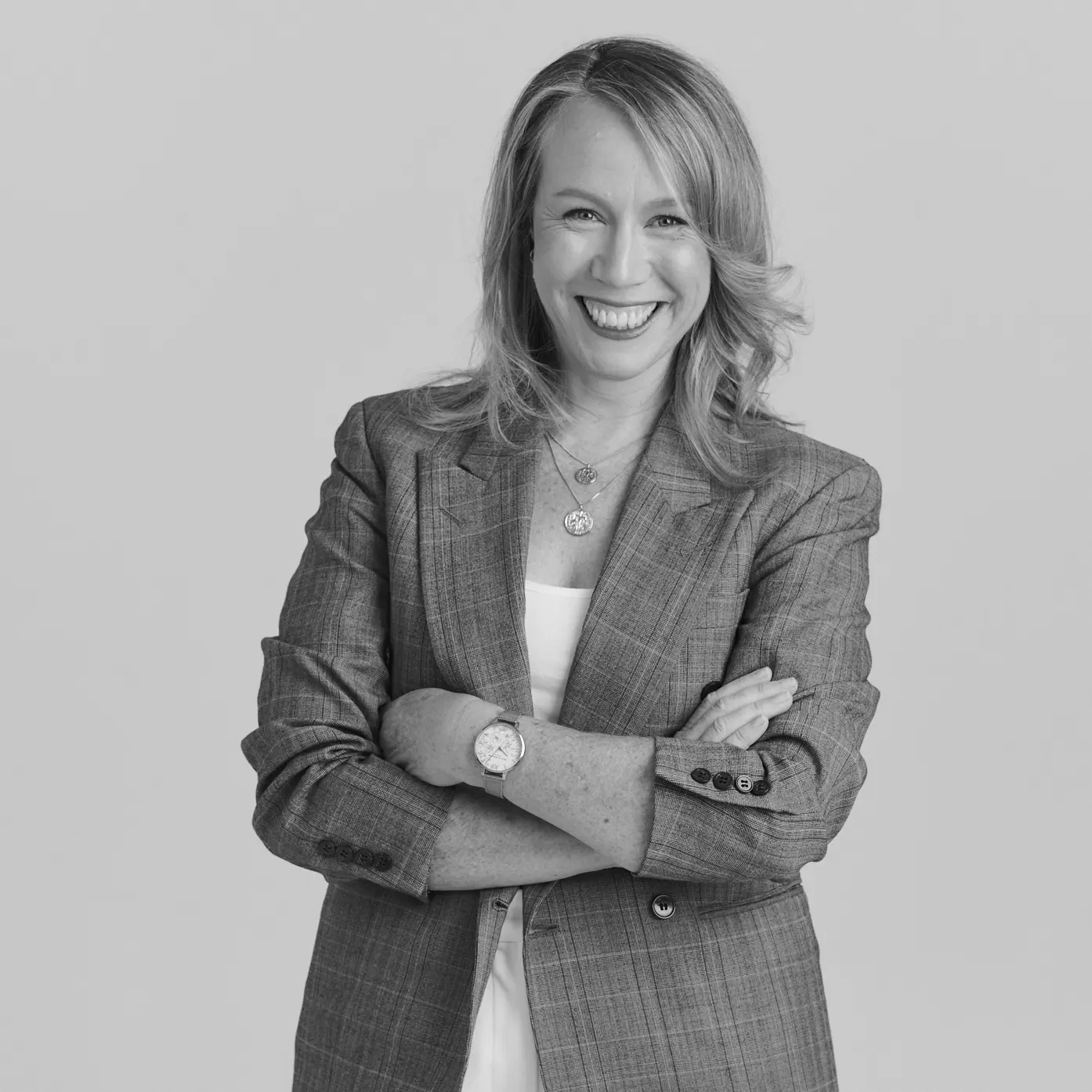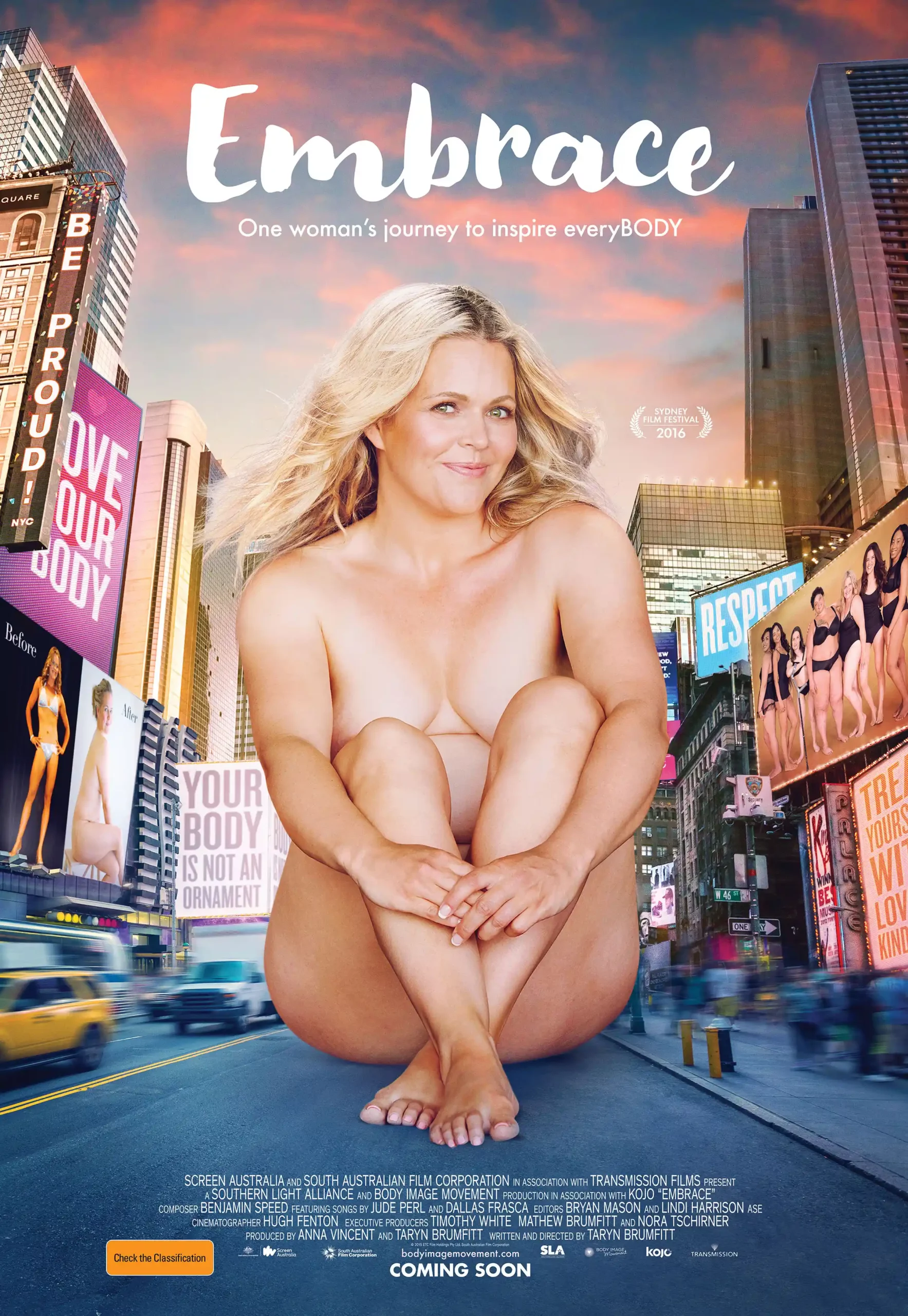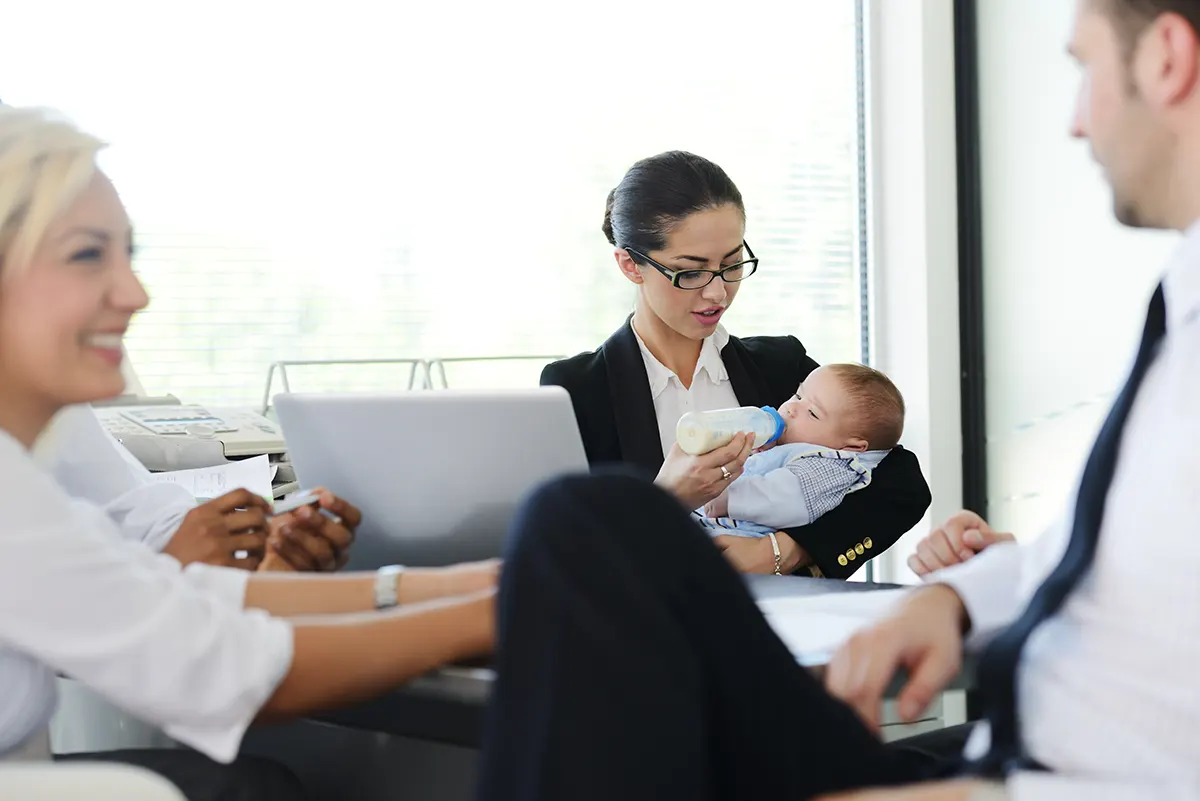The horrific killing of women by their intimate partners is a story that we are hearing more and more often. In Australia, one woman was killed by an intimate partner every 11 days in 2022–23. In 2024, the rate of women dying at the hands of their partners is tracking to be even higher.
Most of us feel an overwhelming level of helplessness about these tragedies. Trying to unpack the causes seems complicated, and we are left wondering what we can do to change a society where this horror is happening more and more often. But a few years ago, Natasha Stott-Despoja reminded me that there is something we can all do to help reduce violence against women, and that body image and domestic violence are very much related.
A former Member of Parliament, Natasha Stott-Despoja was appointed Australia’s Ambassador for Women and Girls in 2013 and is also the founding chairperson of Our Watch (the Foundation to Prevent Violence Against Women and their Children). She’s researched the drivers of violence against women and has written extensively about how to prevent it, including in her book On Violence.
As an Executive Producer on the EMBRACE KIDS film, Natasha is also passionate about building better body image. She introduced the first screening to a packed theatre in Adelaide, telling the audience how important it is that we change the pressures on — and perceptions of — women’s bodies to reduce family violence down the track.
Although they may seem to be two different issues, Natasha highlighted the connection between body image and violence against women. The objectification of women is seen everywhere — in films, the music industry and social media. The commentary we hear about high profile women also often involves vicious and gendered attacks about their appearance. This attitude — that women are things to be looked at, rather than respected and listened to — leads to a foundational problem in how women are treated.
In Australia, we have a pretty messed up sense of masculinity, too. In 2015, my colleagues and I surveyed men from Australia, England, the US, and Sweden to determine how much they believed in traditional gender roles like the pursuit of status, power over women, risk taking, violence, and winning. Australian men had much higher adherence to these norms, and much higher drive to be muscular than men in other countries. When we have a society where men want to be big, strong, and powerful, and women are valued primarily for their appearance, we can see how power and control can lead to violence.
It’s a big problem, but it’s also one that we can all work towards solving in our own homes and workplaces. Every time we question and unpack gender norms and stereotypes, we take a tiny step towards change for the next generation.
Here’s how we can keep moving that change in the right direction:
- Encourage your kids to accept and appreciate their own bodies, and focus more on what their body can do rather than how it looks.
- Stop talking negatively about bodies, including yours, your kids, and the people on TV. Let’s stop the judgement and objectification.
- Celebrate the achievements of men and women, instead of their appearance. Ask yourself: “Do you think they would have asked a man that question?” or “Why did they make that comment about her clothes instead of her policies?”




